We have interviewed the director of ‘The Archivettes’, a film that explores the history of the Archives, and through that, the personal and political struggles of the women involved in it.
What led you to make The Archivettes?
The first time I entered the Lesbian Herstory Archives, I felt like I was coming home. I had no knowledge of lesbian history before going there and have found myself and my own history in these archives. It was this feeling that inspired me to make three short films about the archives: A Lifetime of Making Change, Love Letter Rescue Squad, and A Brief Herstory.
With each short film I made about this group of women — who call themselves “archivettes,” a tongue-in-cheek diminutive form of “archivists” — I gained a fuller understanding of the depth and breadth of their story. This potential, coupled with my personal goal to create a feature-length film, led to The Archivettes.
The creation of the Lesbian Herstory Archives led to the recovery of voices which had been previously neglected. Do you think there was a political intention in its origin?
The first time I interviewed Deb Edel she told me that archiving is a political act. Lesbians were being left out of history. And this group took it into their own hands to change that. History is often whitewashed. Taking the history of your people into your own hands is a way to combat that whitewashing, whether you are a lesbian or a person of color or ...
In 2016 you directed a first short feature over the files ‘Love letter rescue squad’. Was that the first part of the project?
Yes! It all started when I reached out to the archivettes to see if anyone was willing to do an interview. Deb Edel and Maxine Wolfe both agreed. I ended up making a short film about Maxine called A Lifetime of Making Change. I interviewed Deb shortly after this time, and then just gradually filmed goings on. For example, when the Lesbian Herstory Archives marched in Brooklyn Pride, I went and filmed. That gradual filming eventually turned into Love Letter Rescue Squad. When Love Letter Rescue Squad premiered at the emerging filmmakers showcase at Cannes, and I saw people's response, I realized I wasn't the only one who was inspired by LHA. I knew I had to make a longer project.
What meant to you those records and the women contributing to them?
The Lesbian Herstory Archives is a living, breathing archive. The generosity and kindness of the women involved in LHA has been an incredibly moving experience for me. From the moment I walked into the archives and met Maxine, to showing up at Joan Nestle's doorstep in Australia, people at the archives have treated me like family. As a gay person, I knew the idea of that, our LGTBQIA+ family, but I didn't feel it until I got involved with the Lesbian Herstory Archives. This archive is about everyday people. I've found myself and my own history in these archives.
Is the film a way to engage politically, by raising awareness 40 years after the creation of those records?
Yes! As President Trump and his administration work to dismantle LGBTQ rights and other protections, there is a sense of urgency to understand past struggles of the movement. The Archivettes explores the history of the archive, and through that, the personal and political struggles of the women involved in it. As an intern Illaria says at the end of the movie, part of our work is visibility. Making an archive, ensuring our history lives on for future generations, is a great way to do just that.
Why is it important to make a documentary about the Lesbian Herstory Archives and its founders?
I want people to understand that your history matters! You matter! Everyone has value and should keep track of their lives so that future generations have the chance to learn from them. A lot of archives revolve around famous people. While the Lesbian Herstory Archives includes some well-know people, like Audre Lorde, it's more focused on everyday people. What was it like to be a lesbian in the mid-west in the 1950's?
Which are your future projects? Is there any other incoming project with the LGBTI community?
I recently finished a short film about Naomi Replansky (a lesbian and a poet) and that will premiere this summer. Naomi is part of a scene in The Archivettes and when I saw her read, I knew I had to do a piece that focused on her. She's 102 and still going strong. She was born during the year of the Spanish flu, and is currently surviving the second pandemic of her lifetime. She's an incredible woman.
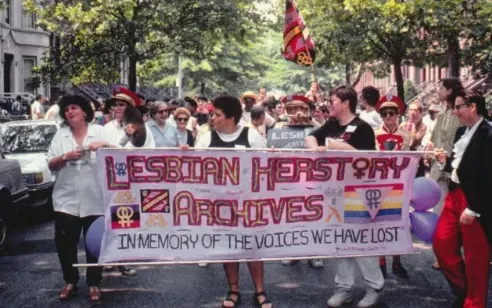


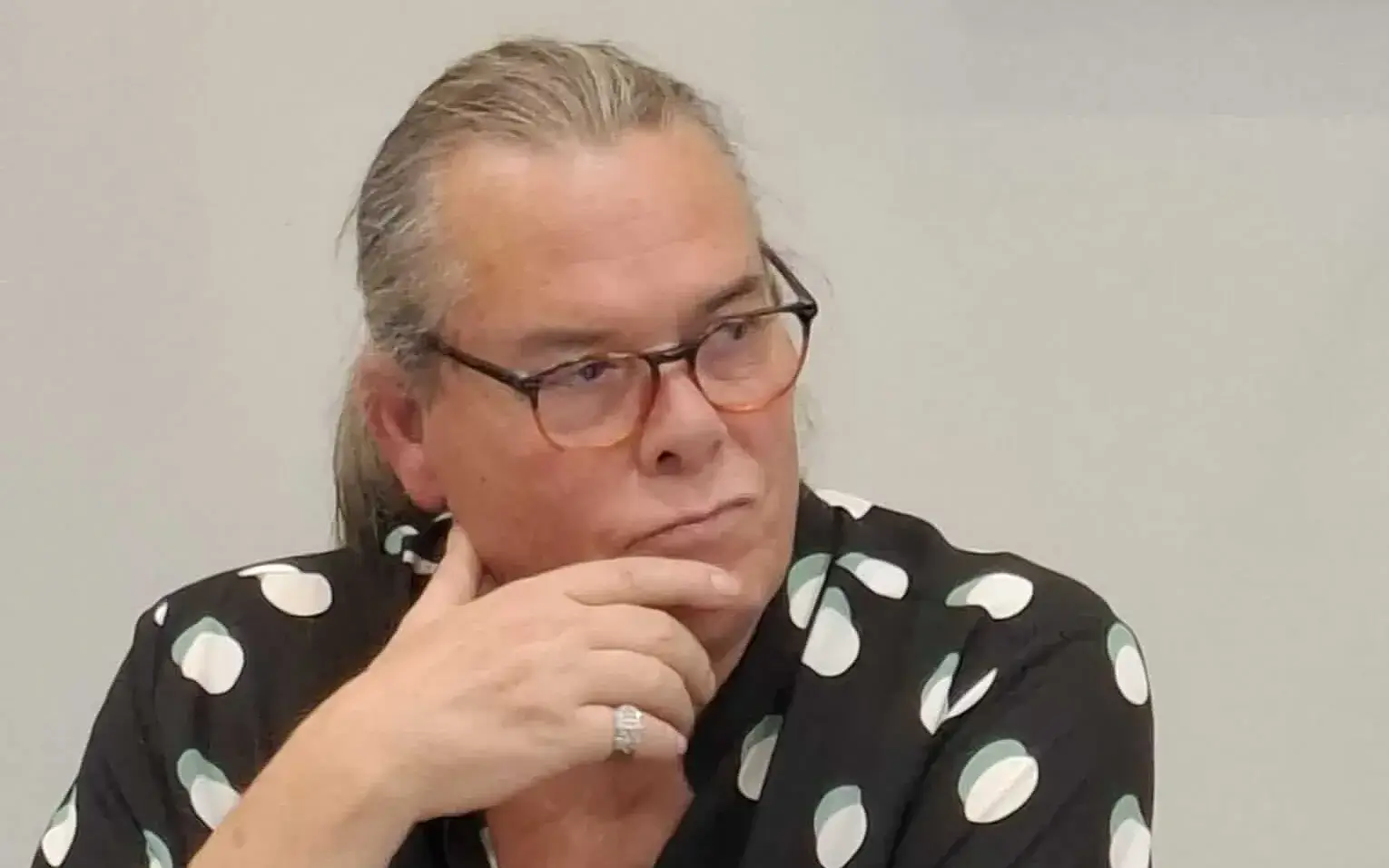
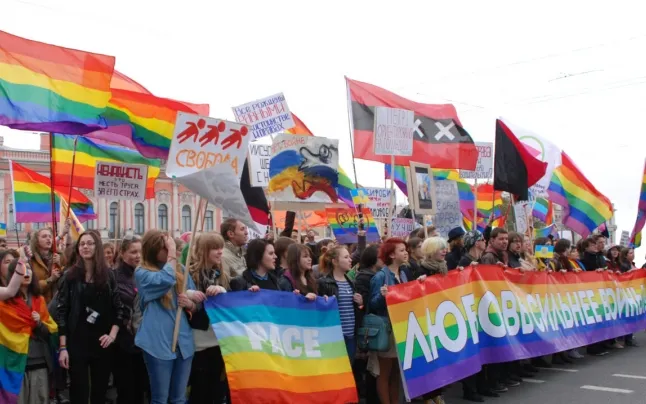
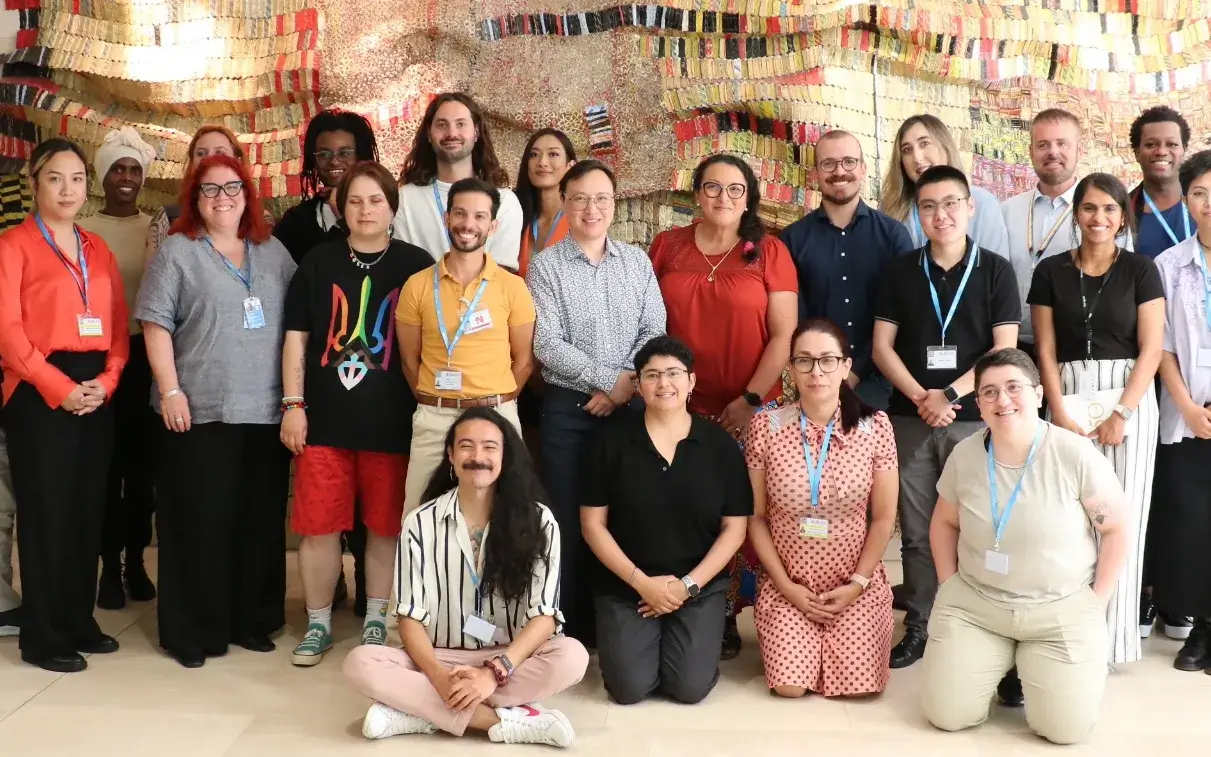
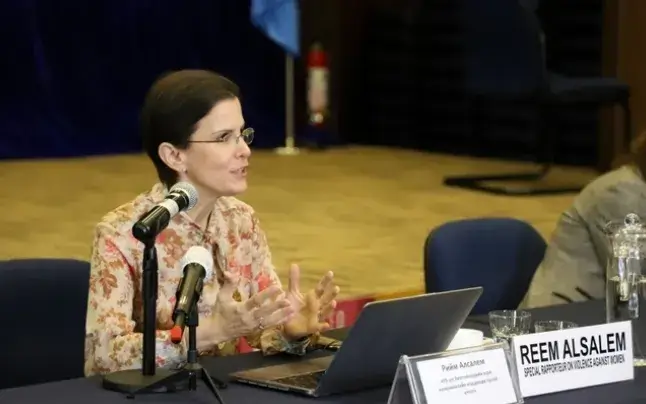
Add new comment